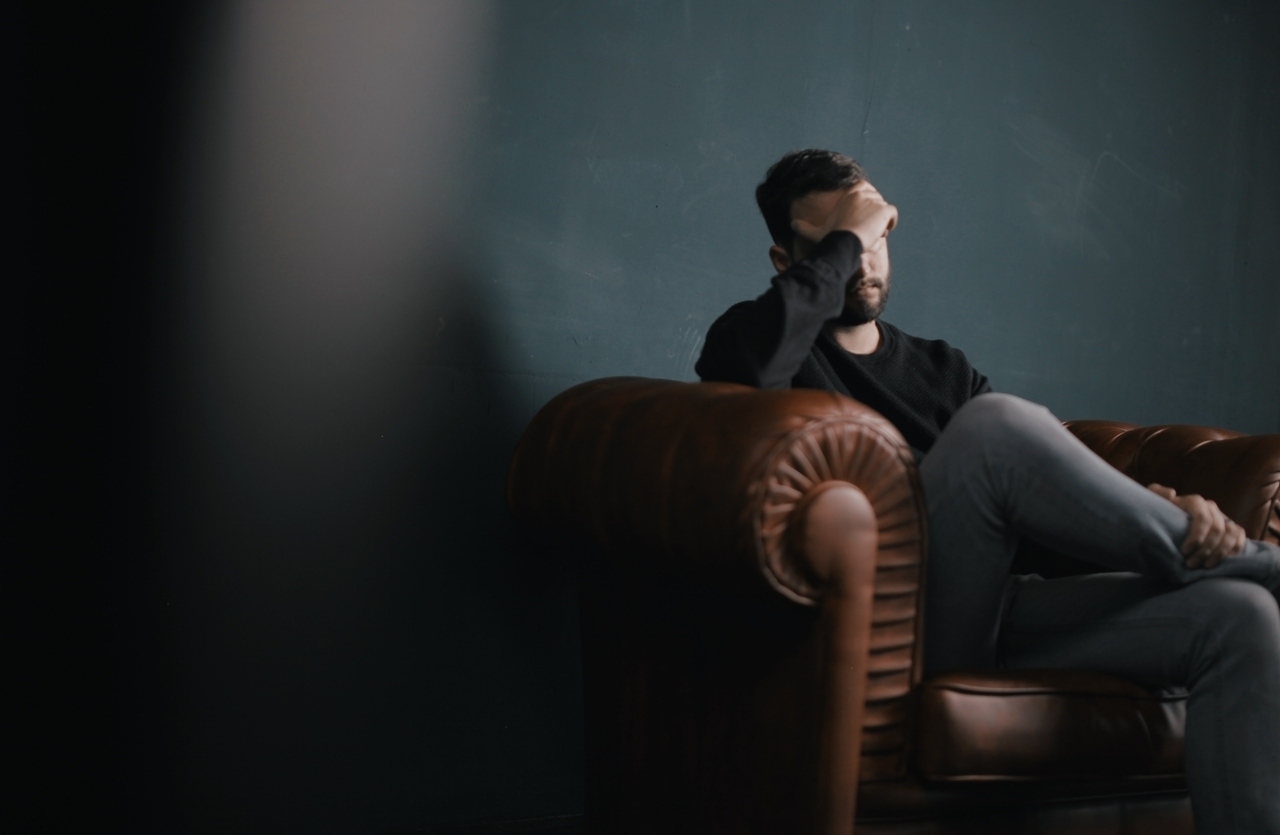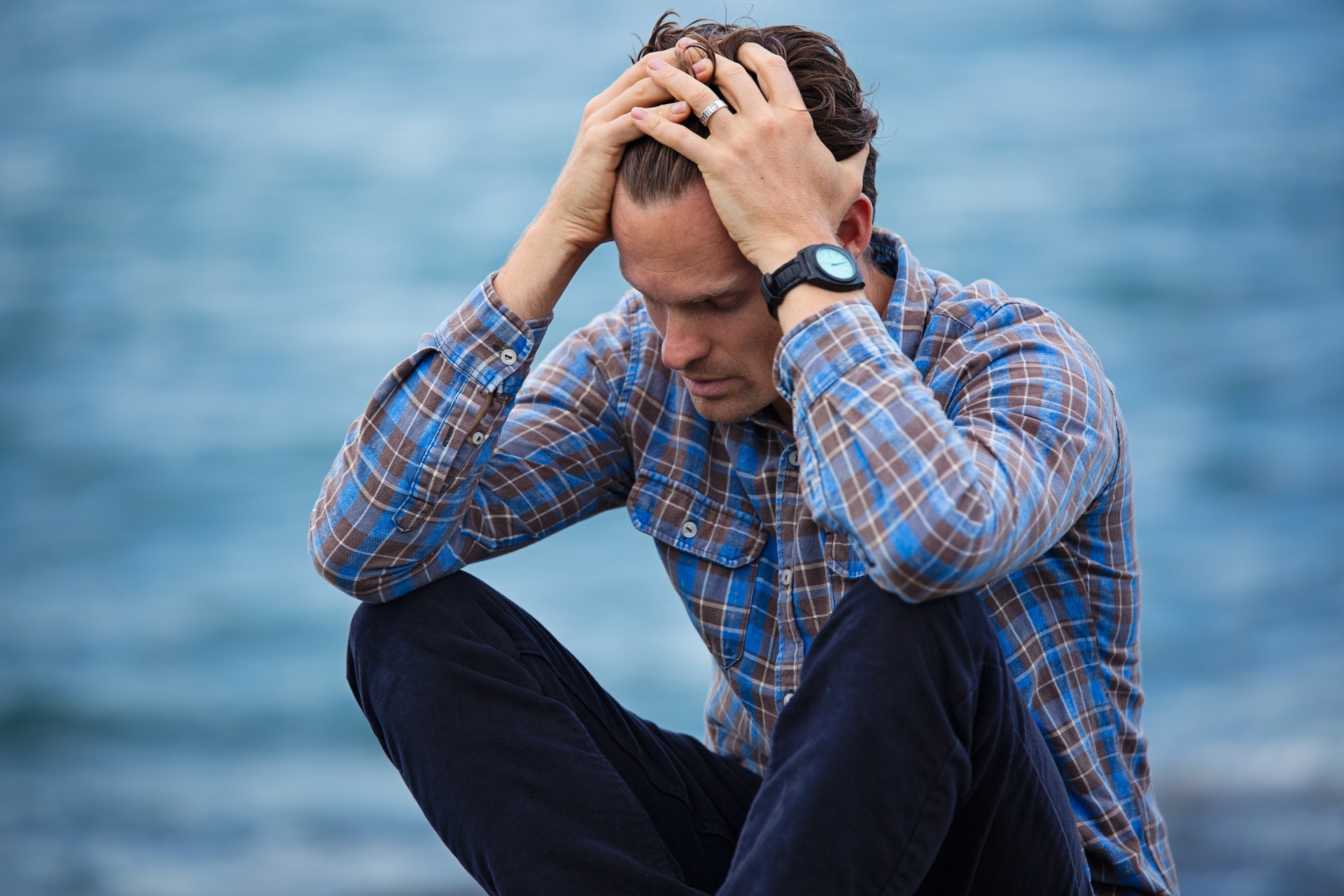10% of Hungarians extremely stressed out due to the pandemic – European ranking
Travel restrictions, quarantine, shop closures, curfews, restrictions on services… these measures have overshadowed the past year, stressing out the majority of us. A freshly published research of Eurobarometer has now revealed which European countries have suffered the most from the closures caused by the pandemic and how well Hungarians managed to cope with the epidemiological measures.
After the vaccination of the Hungarian population reached 2.5 million, the gradual easing of pandemic restrictions began in early April by shortening the nighttime curfew to 10 p.m. and allowing businesses – after one month of full closure – to re-open with the number of customers limited to one for every ten square metres. As the second step of the measures’ lifting, pupils could return to primary schools; catering establishments could reopen their terraces, as well as other services became available for those who have a certificate of immunity.
In order to see the end of the tunnel, we have gone through a very tough and long period that caused several difficulties in the mental health of the European population. In order to examine this, Eurobarometer has carried out research that shows the ranking of European nations that suffered the most from the pandemic measures.
The freshly published research reveals that the Greeks (24%) felt the most tremendous burden of restrictive measures, followed by the Portuguese (21%) and the Slovenian population (20%) in the TOP 3.
The ranking of the most affected European nations are followed by Austrians (17%); Italians (15%); Slovakians, Romanians (13%); and Croatians in the 6th place, where 12% of the respondents struggled with mental problems due to the pandemic measures.
As far as Hungarians are concerned, 10% of the respondents were highly stressed out due to the closures,
confessing that the effects of restrictive measures already endangered their mental and physical health. With this percentage, Hungary is in the middle field of the ranking. However, based on the statistics mentioned above, it can be observed that the inhabitants of our neighbouring countries have found it even more challenging to cope with the pandemic restrictions of their own country.
According to the results of the Eurobarometer survey carried out in February-March 2021, the least stressed out populations are of the Scandinavian countries, and surprisingly Spain as well, where only 6% of the population said that pandemic measures were difficult to cope with, even endangering mental and physical health.
As the Hungarian news portal Pénzcentrum reports, one year after the pandemic, “Covid boredom” is a commonly experienced phenomenon, referring to the significant decrease of our willpower and motivations. This is usually accompanied by physical fatigue and a new phenomenon called “zoom fatigue”, which affects all those who work in a home office, sitting in front of the computer all day long.
According to experts, the best way to help each other is by showing empathy and sincere acceptance. Even though we are running out of patience due to the extreme length of the pandemic, it is still of primary importance to support each other with loving unity until we reach the very end of the Covid period. And even after…

Read alsoMental health centre for post-Covid patients opens in Hungary
Source: penzcentrum.hu; statista.com
please make a donation here
Hot news
Top Hungary news: American woman with Irish murderer on VIDEO, Prince Buda and Princess Pest – 24 November, 2024
Opposition leader Magyar banned from Hungarian children’s homes, welcomed by crowds in “Fidesz’s capital”
One of the world’s most beautiful libraries is in Budapest, and it’s turning 120 – PHOTOS
Have you ever heard the story or seen the statue of Prince Buda and Princess Pest? – PHOTOS
Hungary proud on scientists, increased R+D sector funding significantly
American teacher faces expulsion from Hungary after a 10-year career in Budapest




